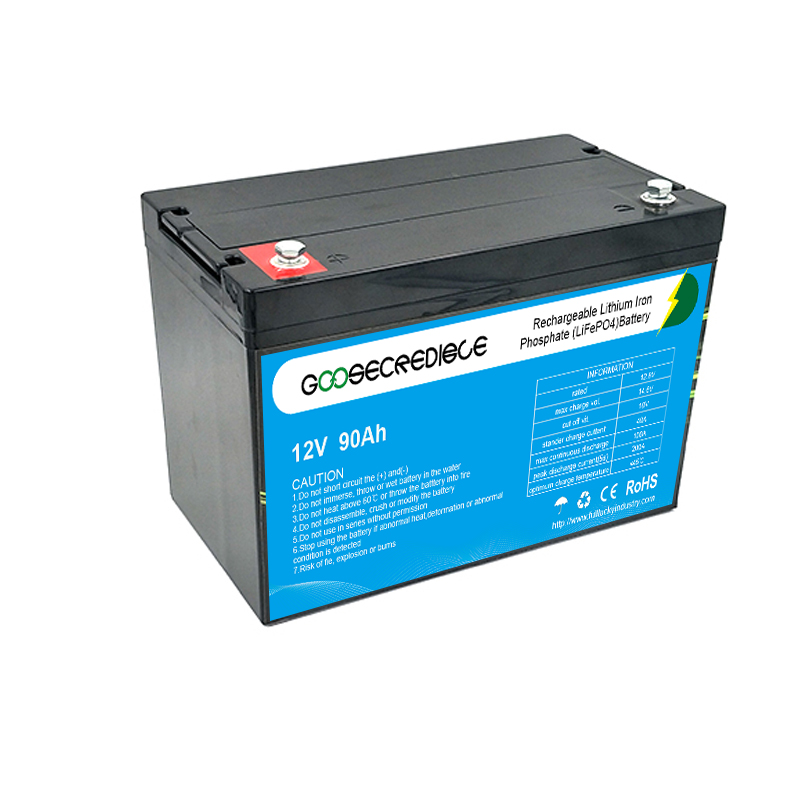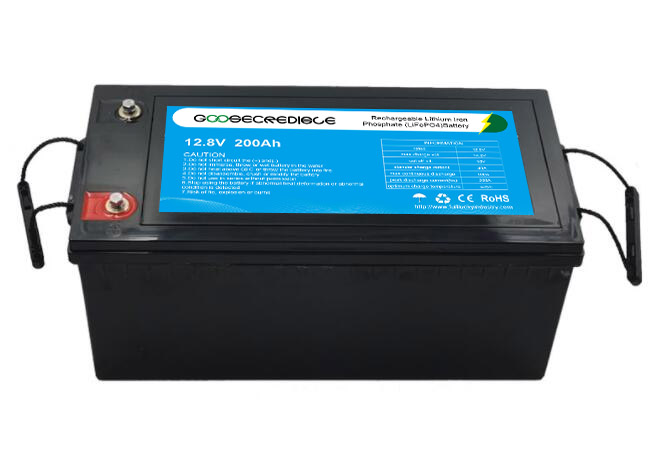what is battery sulfation
Battery sulfation is a common problem that occurs in lead-acid batteries, which are commonly used in various applications such as cars, boats, motorcycles, and uninterruptible power supplies. It is a process in which lead sulfate crystals form on the battery plates, reducing its capacity and overall performance.
Lead-acid batteries consist of positive and negative plates submerged in an electrolyte solution of sulfuric acid and water. During the battery discharge, lead sulfate is formed on both the positive and negative plates. This is a normal and reversible process. However, if the battery remains in a discharged state for an extended period or is undercharged, the lead sulfate crystals can become larger and harder, resulting in battery sulfation.
Sulfation is a gradual process that occurs over time and can be influenced by various factors. One of the primary causes of sulfation is leaving a battery in a discharged state for an extended period. When a battery is not in use or is not recharged regularly, the lead sulfate crystals harden and adhere to the battery plates. This reduces the surface area available for the chemical reactions necessary for the battery to function properly.
Another common cause of sulfation is undercharging. When a battery is not fully charged, the lead sulfate crystals do not get converted back into lead and sulfuric acid. Instead, they remain on the plates and continue to grow, further reducing the battery’s capacity. Over time, this can lead to permanent damage and significantly decrease the battery’s performance.
High temperatures can also accelerate the sulfation process. When a battery operates in hot environments, the chemical reactions occur faster, causing the lead sulfate crystals to grow more rapidly. This is why it is essential to keep batteries in cool and well-ventilated areas to minimize the risk of sulfation.
The effects of battery sulfation are numerous and can have a significant impact on the battery’s performance. As the lead sulfate crystals accumulate, the battery’s capacity decreases, resulting in reduced runtime and overall power output. Sulfation also increases the internal resistance of the battery, making it more challenging to recharge and causing it to lose charge more quickly.
To prevent battery sulfation, regular maintenance and proper charging techniques are essential. It is crucial to keep batteries fully charged, especially during periods of inactivity. If a battery is not in use for an extended period, it is recommended to recharge it every few weeks to prevent sulfation. Additionally, using a smart charger or charger maintainer can help prevent sulfation by providing the necessary voltage and current levels for proper battery maintenance.

If a battery has already suffered from sulfation, there are a few methods available to help reverse the process. One common method is desulfation, which involves applying high-frequency pulses or specific chemicals to break down the lead sulfate crystals and restore the battery’s performance. However, desulfation is not always successful and may not be suitable for severely damaged batteries.
In conclusion, battery sulfation is a common problem that affects lead-acid batteries. It occurs when lead sulfate crystals form on the battery plates, reducing its capacity and performance. To prevent sulfation, regular maintenance and proper charging techniques are crucial. If sulfation occurs, desulfation methods may be used to restore the battery’s performance. Understanding battery sulfation and taking necessary precautions can prolong the lifespan of lead-acid batteries and ensure optimal performance.
-
 Lithium Iron Phosphate (LiFePO4) batteries are becoming increasingly popular due to their high energy density, long cycle life, and improved safety compared to other lithium-ion batteries. In this article, we will take a closer look at LiFePO4 batteries, their characteristics, advantages, and usage. Chemical Composition LiFePO4 batteries are made up of three main components: a cathode, an anode,...Read more
Lithium Iron Phosphate (LiFePO4) batteries are becoming increasingly popular due to their high energy density, long cycle life, and improved safety compared to other lithium-ion batteries. In this article, we will take a closer look at LiFePO4 batteries, their characteristics, advantages, and usage. Chemical Composition LiFePO4 batteries are made up of three main components: a cathode, an anode,...Read more -
 Lifepo4 battery, also known as Lithium Iron Phosphate battery, is the future of long-lasting and sustainable energy storage. With the increasing demand for renewable energy sources, the need for reliable and efficient energy storage systems has become more critical than ever. Lifepo4 battery is emerging as a game-changing technology that could revolutionize the way we store and use energy. ...Read more
Lifepo4 battery, also known as Lithium Iron Phosphate battery, is the future of long-lasting and sustainable energy storage. With the increasing demand for renewable energy sources, the need for reliable and efficient energy storage systems has become more critical than ever. Lifepo4 battery is emerging as a game-changing technology that could revolutionize the way we store and use energy. ...Read more -
 As urban areas become more congested and the need for sustainable transportation increases, electric bikes and scooters have emerged as popular alternatives to traditional modes of transportation. These vehicles offer a convenient and eco-friendly way to navigate through busy streets. At the heart of these electric rides lies the battery, providing the power needed to propel riders forward. In this...Read more
As urban areas become more congested and the need for sustainable transportation increases, electric bikes and scooters have emerged as popular alternatives to traditional modes of transportation. These vehicles offer a convenient and eco-friendly way to navigate through busy streets. At the heart of these electric rides lies the battery, providing the power needed to propel riders forward. In this...Read more -
 As the core energy storage device of modern electric vehicles, lithium-ion automotive batteries play an important role in promoting the development of the new energy vehicle industry with their unique performance and advantages. So what is so unique about lithium-ion automotive batteries? The following is a detailed analysis from four aspects. 1. High energy density One of the most important...Read more
As the core energy storage device of modern electric vehicles, lithium-ion automotive batteries play an important role in promoting the development of the new energy vehicle industry with their unique performance and advantages. So what is so unique about lithium-ion automotive batteries? The following is a detailed analysis from four aspects. 1. High energy density One of the most important...Read more -
 As a common type of battery, lead-acid batteries are widely used in many areas such as automobiles, UPS power supplies and electric vehicles. However, many users often ignore battery maintenance and care during use, resulting in shortened battery life. This article provides some practical tips on how to extend the life of lead-acid batteries to help you better maintain and...Read more
As a common type of battery, lead-acid batteries are widely used in many areas such as automobiles, UPS power supplies and electric vehicles. However, many users often ignore battery maintenance and care during use, resulting in shortened battery life. This article provides some practical tips on how to extend the life of lead-acid batteries to help you better maintain and...Read more -
 The demand for reliable and long-lasting power solutions has been increasing in recent times, and one of the best options available is a 12V 100Ah LiFePO4 battery pack. This battery pack is designed to offer reliable power for a wide range of applications and is known for its durability and longevity. The 12V 100Ah LiFePO4 battery pack is a...Read more
The demand for reliable and long-lasting power solutions has been increasing in recent times, and one of the best options available is a 12V 100Ah LiFePO4 battery pack. This battery pack is designed to offer reliable power for a wide range of applications and is known for its durability and longevity. The 12V 100Ah LiFePO4 battery pack is a...Read more -
 Choosing the right battery charger for your devices can be a daunting task, especially with the numerous options available on the market. A good battery charger ensures that your devices are always powered up and ready for use. Here are some factors to consider when choosing a battery charger. 1. Type of Battery The first factor to consider...Read more
Choosing the right battery charger for your devices can be a daunting task, especially with the numerous options available on the market. A good battery charger ensures that your devices are always powered up and ready for use. Here are some factors to consider when choosing a battery charger. 1. Type of Battery The first factor to consider...Read more

